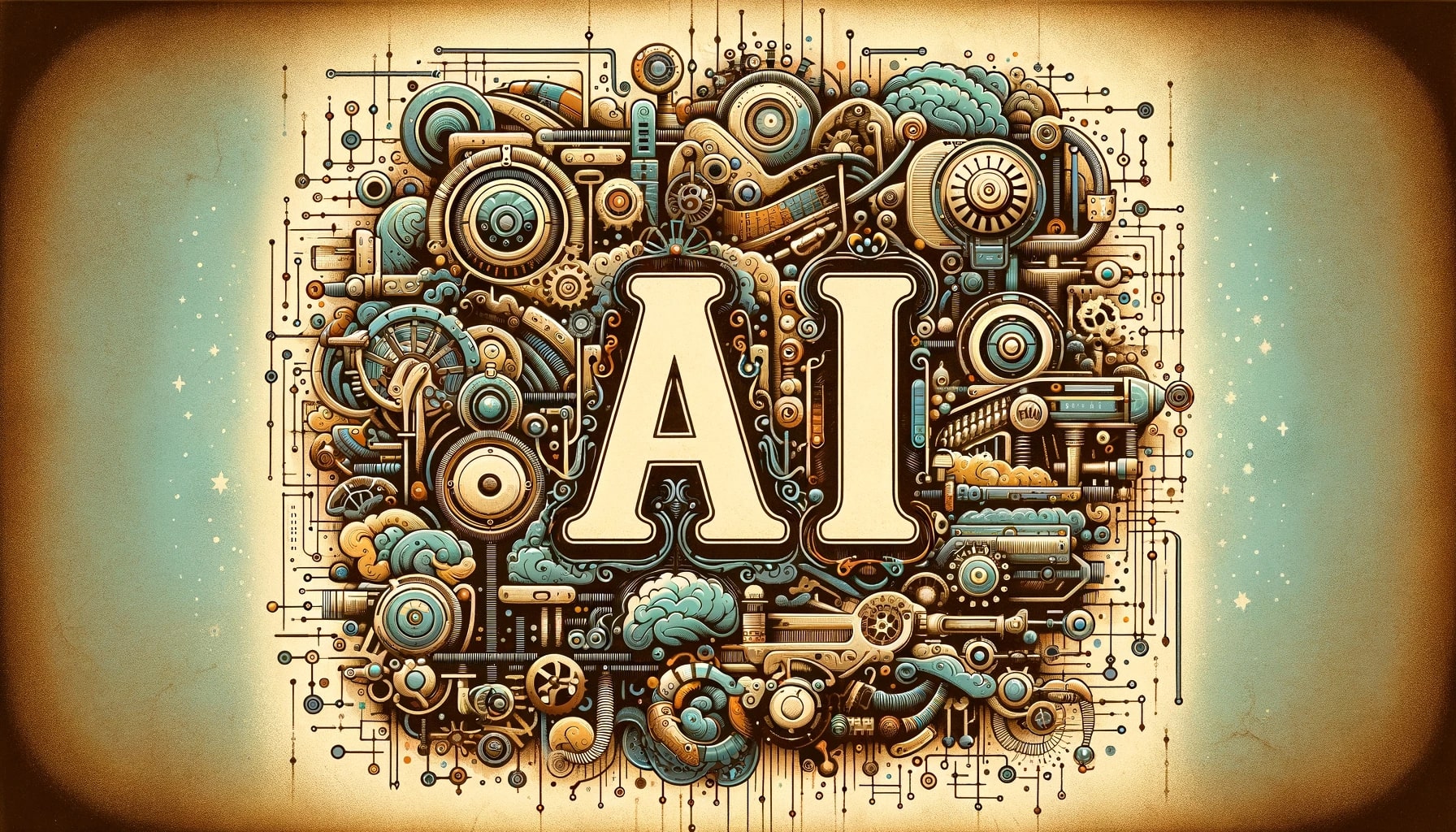The realm of artificial intelligence (AI) has encountered another legal hurdle as a group of news publishers under Alden Global Capital (AGC)—including prominent names like the Chicago Tribune and New York Daily News—has initiated a lawsuit against Microsoft and OpenAI. The lawsuit alleges that these tech giants have misappropriated millions of copyrighted articles to enhance their AI models, such as ChatGPT, without requisite permissions or compensations. This legal action reflects a growing concern among content creators about the use of their intellectual property to power lucrative AI technologies without appropriate acknowledgment or remuneration.
Over recent years, similar accusations have surfaced, spotlighting the ethical and legal challenges in AI development. The New York Times, in a notable lawsuit filed last year, accused these companies of using extensive amounts of its copyrighted content without a licensing agreement. This suit emphasizes ongoing tensions between advancing AI tech and the protection of existing intellectual contributions. Furthermore, Microsoft’s defense against these claims, by citing them as “doomsday futurology,” underscores the profound divide on the implications of AI on journalism and content creation.
What Are the Plaintiffs Demanding?
The AGC publications are not only seeking reparations for the alleged infringements but also a decisive court order to eradicate any AI models developed using their copyrighted materials. This bold move aims to ensure that future developments in AI technology do not undermine the rights of content creators, thus setting a precedent for how intellectual property should be treated in the digital age.
Why Is This Issue Significant?
This case highlights a crucial junction in the AI landscape where innovation intersects with legal and ethical boundaries. The allegations of generating fake or ‘hallucinated’ content erroneously attributed to reputable publishers aggravate the concerns, potentially tarnishing the trust and integrity of journalistic entities. Moreover, OpenAI’s acknowledgment that training high-level AI models without copyrighted material is currently impossible, adds another layer of complexity to this ongoing debate.
How Will This Affect the Future of AI?
The outcome of this lawsuit could steer the operational dynamics of AI enterprises globally. A ruling in favor of the publishers could lead to more stringent regulations on how AI companies source their training data, potentially slowing down the pace of AI advancements but also promoting a more ethical framework for AI development.
Key Inferences from the Lawsuit
– A legal precedent on AI data usage might emerge from this case.
– Stricter data sourcing regulations could be on the horizon for AI developers.
– The integrity of journalistic content is pivotal in the era of AI news generation.
The ramifications of this lawsuit extend beyond the courtroom; they might redefine the ethical boundaries and operational methodologies of AI developments. If the courts rule in favor of the AGC publications, this could herald a new era of increased accountability and regulation in AI data usage. This case underscores a significant shift towards recognizing and compensating the intellectual labor that feeds the technological innovations shaping our digital experiences. As such, both content creators and AI developers are keenly watching the proceedings, knowing that the outcome could significantly influence the future landscape of AI technology and its interplay with existing content domains.










